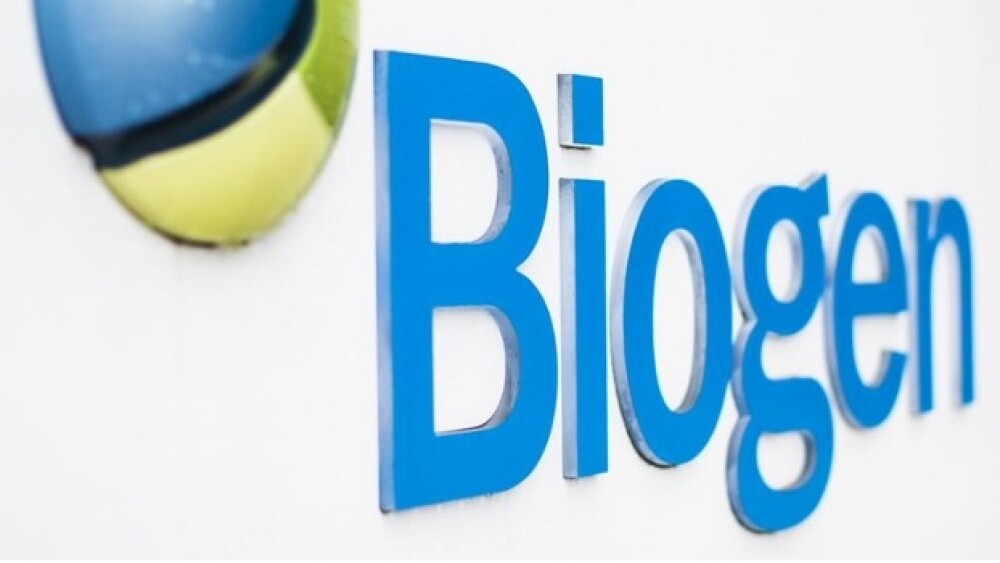Biogen announced that effective January 1, 2022, it will cut the wholesale acquisition cost of its Alzheimer’s drug Aducanumab in half from $56,000 to $28,200 per patient per year.
Biogen is planning to cut its Alzheimer’s drug Aducanumab’s price. (Photo courtesy of Biogen)
Biogen announced that effective January 1, 2022, it will cut the wholesale acquisition cost (WAC) of its Alzheimer’s drug Aduhelm (aducanumab) in half. The original price was about $56,000 per patient per year. The new price is $28,200 for a 10 mg/kg maintenance dose.
Although the original price was relatively moderate compared to many biologics, there are approximately 3 million Alzheimer’s patients in the U.S., most eligible for Medicare. This has raised concerns that broad adoption of the drug at that price could bankrupt the government healthcare system for older people. The House of Representatives has launched an investigation into the approval and pricing of the drug.
Why is BIogen Decreasing Aducanumab Price?
Although the Centers for Medicare and Medicaid Services (CMS) has not determined eligibility and its payment schedule for the drug yet, and probably won’t have an official determination until March 2022, many insurers are refusing to pay for the drug, with some claiming it is experimental, despite approval by the U.S. Food and Drug Administration (FDA).
A recent Bloomberg News survey of 25 major insurers found that none called Aducanumab “medically necessary,” although some said they were still evaluating it.
Biogen and analysts had projected Biogen would bring in $10.79 million in the third quarter for the drug, but the company reported only $300,000 in sales for the period.
In the new announcement, Michel Vounatsos, Biogen’s chief executive officer, stated, “Over the past several months, we have listened to the feedback of our stakeholders, and we are now taking important actions to improve patient access to Aducanumab (Aduhelm). Too many patients are not being offered the choice of Aducanumab due to financial considerations and are thus progressing beyond the point of benefitting from the first treatment to address an underlying pathology of Alzheimer’s disease. We recognize that this challenge must be addressed in a way that is perceived to be sustainable for the U.S. healthcare system.”
The company thinks that with the decreased price, insurance coverage, and access to diagnostics and specialized centers for the drug, about 50,000 patients could start treatment in 2022.
“It is a critical time for the Alzheimer’s disease community as the Centers for Medicare & Medicaid Services (CMS) is considering the possibility of coverage of not only Aducanumab (Aduhelm), but also this entire new class of Alzheimer’s disease therapies,” Vounatsos added. “We hope our actions today will facilitate patient access to these innovative Alzheimer’s treatments.”
It has been noted that there’s approximately a two-year window of opportunity for the best uses of the drug. Dr. Jeffrey Gelblum of First Choice Neurology, a network of clinics in south Florida pointed out, “I don’t want to waste time. You’ve got a two-year window of intervention here, and if a patient comes in saying, ‘Look I’ve had this problem for a year,’ well now I know I’m already a year into the problem.”
The Aducanumab drug requires traditional Alzheimer’s cognitive tests, as well as PET scan to determine the presence of amyloid plaques. The PET scan costs about $5000 and is not typically covered by insurers. Another diagnostic option is an invasive spinal tap.





